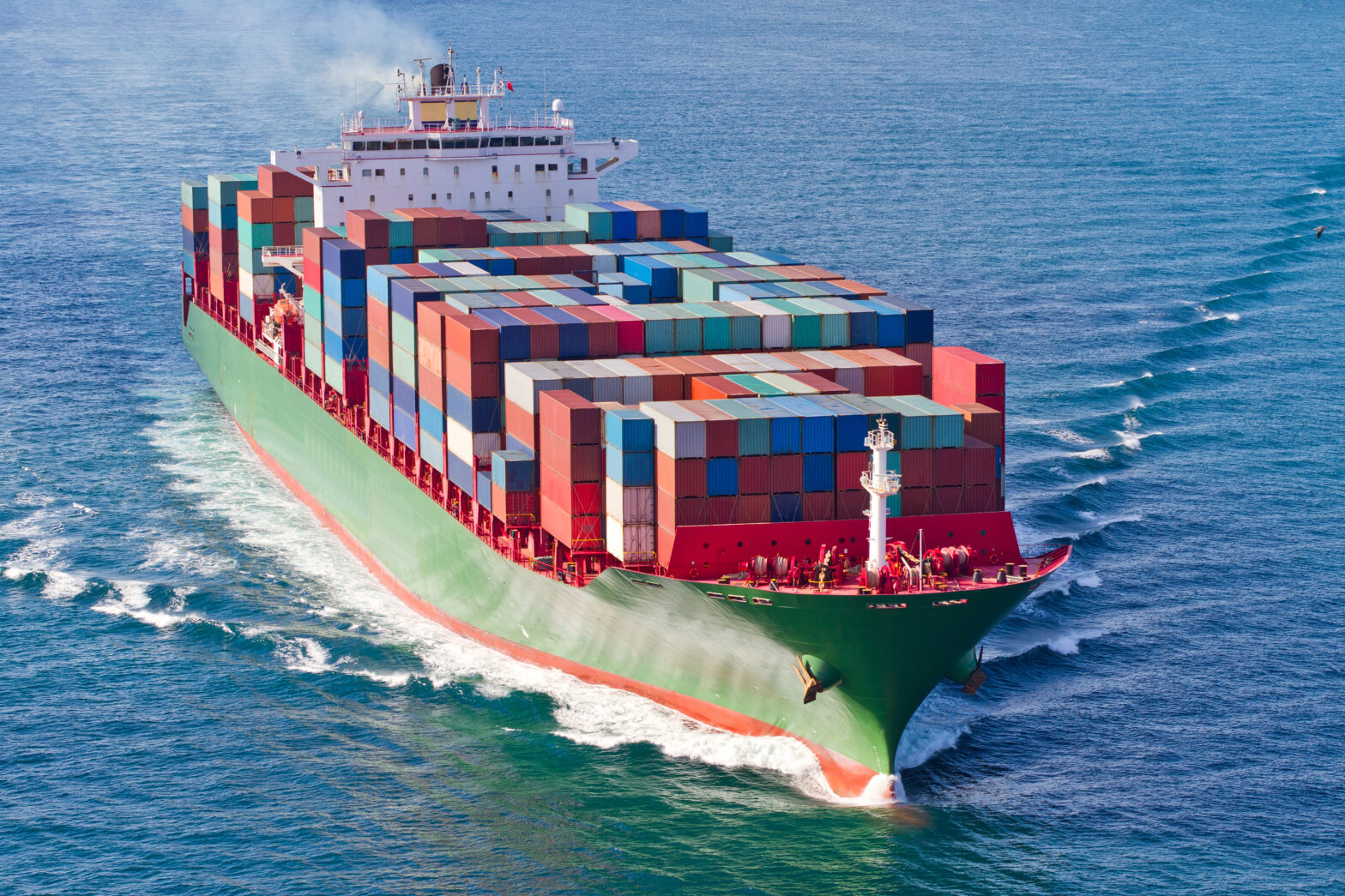The international law firm Hogan Lovells recently published a report which found, amongst other things, that complex and costly cross-border legal disputes are projected to grow significantly in the years ahead.
To most litigators, the report merely confirms what we already knew: an increasingly globalised market will inevitably result in globalised litigation. Global trade (estimated in 2012 to be over $45,000 billion) now dominates in almost every industry, which in turn means it dominates most city litigators’ case loads. Global trade is particularly common in:
- Natural resources
- Supplier/purchaser arrangements (particularly those companies that make use of commercial agents and / or distributors)
- Private acquisitions (mergers, takeovers etc)
- Investments / other financial services
- Technology industry, particularly web based companies, with no real ‘physical’ presence in any country.
International arbitration has also aided the rapid increase in cross-border disputes. Its popularity is down to the flexibility, privacy, finality, absence of court-style discovery or disclosure and commerciality that arbitration provides, as opposed to the structure, formality (and publicity) of the law courts.
Cross border litigation has been on the increase for many years now, despite unstable economic climates. So what facilitates parties to litigate or arbitrate their disputes beyond the sheer scale of the trading and the increased value of individual trades?
Facilitators to cross border litigation
- Easier to seek redress for losses suffered: Thanks to a greater understanding of different jurisdictions and reciprocal legal arrangements applying to most major countries, it is now far easier to commence cross border litigation. Even if there are no reciprocal arrangements in place in between the relevant countries, local lawyers are, on the whole, becoming more used to dealing with litigation from abroad. The global approach to litigation also means that judgments from other jurisdictions are often relatively easy to enforce in the courts (although, not always).
- Parties’ freedom to choose law and jurisdiction to resolve disputes: More and more parties are forum shopping – choosing a jurisdiction and law that they consider best suits their situation, which might not be the law or jurisdiction of their own country/state. England in particular has enjoyed the fruits of this commercial freedom with English law being the default for global business and London being the global centre for arbitration and its Court system is an attractive jurisdiction.
- A tool to drive transactions: We are seeing an increase in companies making use of the globalised litigation system in order to apply pressure on parties to proceed with transactions in line with Heads of Terms, Lockout agreements etc. If used appropriately, it can persuade a party to proceed with a deal in line with terms agreed. The tool can however be misused by larger companies which are seeking to take advantage of a weaker party.
Impediments to cross border litigation
- Expense: Litigation is expensive. Cross-border litigation invariably results in more than one legal team (local and foreign) which adds to the expense. Other costs, such as court fees, vary from country to country and can increase expense for the parties. There is also the cost of gathering evidence from a number of jurisdictions, flying witnesses over for taking statements and for the trial, which also adds to the expense.
- Difficulties with local laws: Foreign litigation means that you are very much in the hands of your local lawyers. Some systems are easier to comprehend than others, and some can be particularly complex which can make the litigation costly and lengthy. Depending on the dispute, some systems will be more favourable to you than others (e.g. not all systems can award injunctions, not all award costs and the calculation of damages can vary). That’s why choice of law and jurisdiction in contracts (see above) is important.
- Enforceability: Not all jurisdictions will recognise an order or a judgment from another country. Reciprocal arrangements in place generally will remove any enforcement difficulties. Without reciprocal arrangements, fresh proceedings will generally have to be commenced in the country where the order is to be enforced, to seek that court’s permission to enforce the order.
Cross-border litigation is a natural progression of the modern world and the legal systems are, for the most part, learning to move along with it. This trend is unlikely to slow, particularly with the further globalisation into the emerging markets, so the courts and lawyers will need to learn to adapt at the same pace.
See also: 5 top tips if you’re considering using litigation funding






